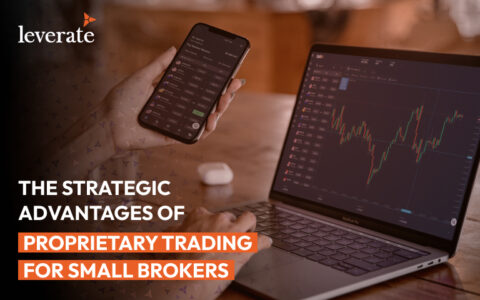
You may have heard all about the spending habits of millennials, but do you know if their younger siblings are likely to show the same financial characteristics? Move over millennials, and make way for Gen Z. The youngest identified generational cohort, Gen Z’ers are arguably born between the years of 1998 and 2001, which approximately relates to the generation of emerging adults that have no recollection of 9/11.
Studies performed both in the United States and England have shown that Generation Z’ers tend to be more conservative. One 2016 study found that while only 18% of Millennials attended church, among Generation Z, church attendance was at 41%. A study conducted by the Annie E. Casey Foundation found that Generation Z had lower teen pregnancy rates, were more likely to graduate on time from high school and had less substance abuse compared to Millennials. An article in The Economist which claimed that Gen Z’ers was not just conservative, but downright boring, reported this generation was less likely to have had sex or have tried alcohol, were less likely to be involved in street violence, had better relationships with their fathers and spent a considerable part of their leisure time behind tech-devices. In the words of the writer, “they may be exchanging naked photos of each other, but they’re not exchanging fluids.”
In terms of money, polls have found that consistent with their risk-averse behavior, Gen Z’ers are financially more conservative. A Business Insider article suggests that while Gen Z is perhaps even more money oriented and more entrepreneurial, they are also more conservative and pragmatic about their money compared to earlier generations. The reason attributed for this mindset was having watched their parents live through the GFC, the second worst economic decline in American history. The impressionable eyes of this youngest generation witnessed mass layoffs and widespread home property foreclosures.
Debt Avoidance
According to a 2017 study conducted by the Center for Generational Kinetics, debt is a major priority in the minds of Gen Z folk, to the extent that it should be totally avoided. And it’s this consideration that is framing their decision-making in terms of what college to attend, in a distinct preference for less expensive colleges, so that they will graduate with less debt. The rationalization behind it is being able to enter the workforce with more flexibility, by choosing the profession that interests them, rather than the profession that will allow them to pay off their debt faster.
The Focus on Saving
Hand-in-hand with avoiding debt, Gen Z is more focused on saving money, with 64% reporting to have had a savings account, compared to 51% of older savers and 21% reporting to have had a savings account since the age of 10. With characteristically little to no debt, but rather some savings in the bank, Gen Z’ers tend to be more optimistic about their financial future, particularly more so than Millennials.
Similar and yet Different to Millennials
The Center of Generational Kinetics reported, “One of the biggest differences that we found between Generation X and Z is that while both experienced the GFC, Gen X experienced it as professionals, while Gen Z did not.” They were the more passive witnesses to struggles associated with wage stagnation and the huge college debt of their older siblings or friends. As a result, they took note and made the conscious decision to approach money differently.
Gen Z’ers are also different from their earlier predecessors when it comes to spending – they have greater expectations and they are more demanding. They want their purchases to be delivered fast and work reliably, reporting to be more annoyed when things don’t work. Interestingly, they are also more inclined to opt for utility over brand. This is having a major impact on brands because while millennials are more willing to pay extra money for a logo, Gen Z’ers are not.
Yet the conservatism of Gen Z’ers doesn’t appear to have any impact on how they pay for their purchases. While they have all the spending mentality of their grandparents, when it comes to making payment, they are the most inclined to go digital. Almost half of the respondents reported that they use their mobiles or payment apps, and only 46% had actually walked through the doors of their bank in the last month. While across the board all generations were more inclined than ever before to use their smartphone to make a payment, Gen Z’s use was the most prolific, with an informal dinner out most likely to entail a split bill over a non-banking app such as Paybox.
Living in a Cashless World
Many have asked how Gen Z’ers are able to have so much financial restraint while growing up in a cashless society. Numerous studies have shown that consumers tend to pay more when using plastic, than when using cash. The reasons are that we feel less of a pinch, the financial impact is not as immediate, and the greater accessibility of card over cash makes it easy to end up spending more. For these young digital natives, technology might be their only experience as a consumer, and they are therefore already well-rehearsed in not purchasing spontaneously. Furthermore, they also experience far weaker retail pressure by making their purchases out of the confines of the retail setting.
In contrast, the generation least likely to do well living in a cashless society is their recent predecessors, the Gen Xers. A study conducted by GoBankingRates found that Millennials have the most credit card debt, more so than all other generations. Approximately 46% of Gen X respondents have a credit card overdraft, resulting from the combination of weak cash flow and over-spending.
How this will shape the online trading industry in the future, we’re yet to tell. However, as a speculator, it seems safe to say that Gen Z’ers will want greater clarity and transparency in their investment activities, and the inclination to trade online is very much in line with their interests.



